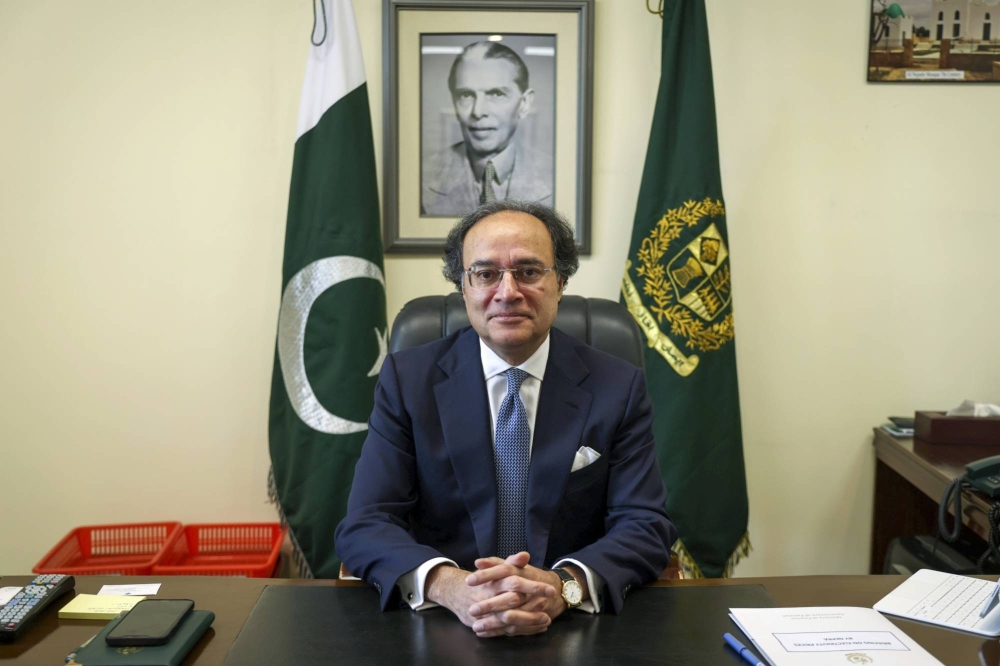Editorial
In a recent press briefing, Federal Finance Minister Muhammad Aurangzeb articulated a fundamental truth in international relations: “Not trading with your neighbours does not make sense.” This statement underscores the essential role that regional trade plays in fostering robust diplomatic and economic ties between neighbouring countries. Trade is not merely about the exchange of goods and services; it is also a conduit for building trust, enhancing cooperation, and addressing shared challenges. As Aurangzeb noted, the absence of trade can lead to missed opportunities, both economically and politically, which emphasizes the need for nations to engage meaningfully with those in their geographical vicinity.
While the finance minister refrained from naming specific neighbouring countries, his remarks highlight a broader understanding of intergovernmental organizations as “regional corridors.” These entities—be they in Southeast Asia, the South Asian Association for Regional Cooperation (SAARC), or the Shanghai Cooperation Organization (SCO)—serve as critical platforms for collaboration. By participating in these regional frameworks, countries not only gain access to new markets but also work together to tackle common issues, such as climate change, energy security, and economic instability. The push to join BRICS and expand trade networks reflects a strategic desire to engage more intensively with neighboring economies, which can pave the way for regional stability and prosperity.
The backdrop of Aurangzeb’s comments is significant; his week-long visit to international financial institutions, including the IMF and World Bank, served to underline Pakistan’s commitment to reform and economic resilience. The acknowledgment of Pakistan’s efforts in implementing a reform agenda during these meetings indicates a broader acceptance of the country’s potential when it engages with its neighbors. Strengthening trade relationships not only reassures international partners but also enhances a nation’s credibility and influence in global matters. When countries work together economically, they establish interdependencies that can temper political tensions and encourage dialogue.
In his discussions with China’s Vice Minister of Finance, Liao Min, Aurangzeb reiterated the importance of the “all-weather strategic cooperative partnership.” This phrase encapsulates how strong economic ties can serve as a buffer against geopolitical fluctuations. By requesting increased limits under the Currency Swap Agreement and courting investment through initiatives like Panda bonds, Pakistan aims to diversify its financial sources and become more resilient against economic shocks. Such financial maneuvers are often underpinned by a solid trade framework that fosters trust and encourages collaborative growth.
Moreover, the emphasis on integrating payment systems and conducting online settlements speaks to a wider trend of economic modernization and integration within the region. These processes not only streamline transactions but also deepen economic interdependence—a crucial element in ensuring lasting peace and stability. As countries recognize the tangible benefits of trading with their neighbors, the political landscape can shift from competition to cooperation, allowing for mutual growth and development.
In conclusion, the insights shared by Finance Minister Muhammad Aurangzeb highlight that engaging in trade with neighboring countries is more than an economic strategy; it’s a fundamental principle of international relations. By building strong regional corridors through trade, nations can navigate their geopolitical landscapes with greater confidence and forge pathways toward sustainable development and enduring partnerships.
















